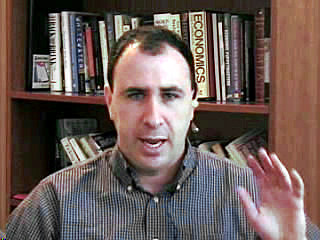A Quote by Jerome Powell
Legislative reforms in the 1990s and the public/private structure led managements to expand the GSEs' balance sheets to enormous size, underpinned by wafer-thin slivers of capital, driving high shareholder returns and very high compensation for management.
Related Quotes
U.S. capital formation, which has been pretty high in the '90s and very high in the late 1990s, is what is being financed by the savings of the rest of the world, generally poorer than ourselves, because our deficit on current account, chronic deficit, is their surplus, and they have been willingly bringing that to the American market.
Northleaf is delighted to have been chosen to manage the new fund. We look forward to implementing the fund's long-term strategy of constructing a portfolio of high-potential venture capital funds with the scale and resources to execute their plans, support successful high-growth companies and deliver world-class returns.
If charter schools are not more successful on average than the public schools they replace, what is accomplished by demolishing public education? What is the rationale for authorizing for-profit charters or charter management organizations with high-paid executives, since their profits and high salaries are paid by taxpayers' dollars?
Throughout the industrial era, economists considered manufactured capital - money, factories, etc. - the principal factor in industrial production, and perceived natural capital as a marginal contributor. The exclusion of natural capital from balance sheets was an understandable omission. There was so much of it, it didn't seem worth counting.



































